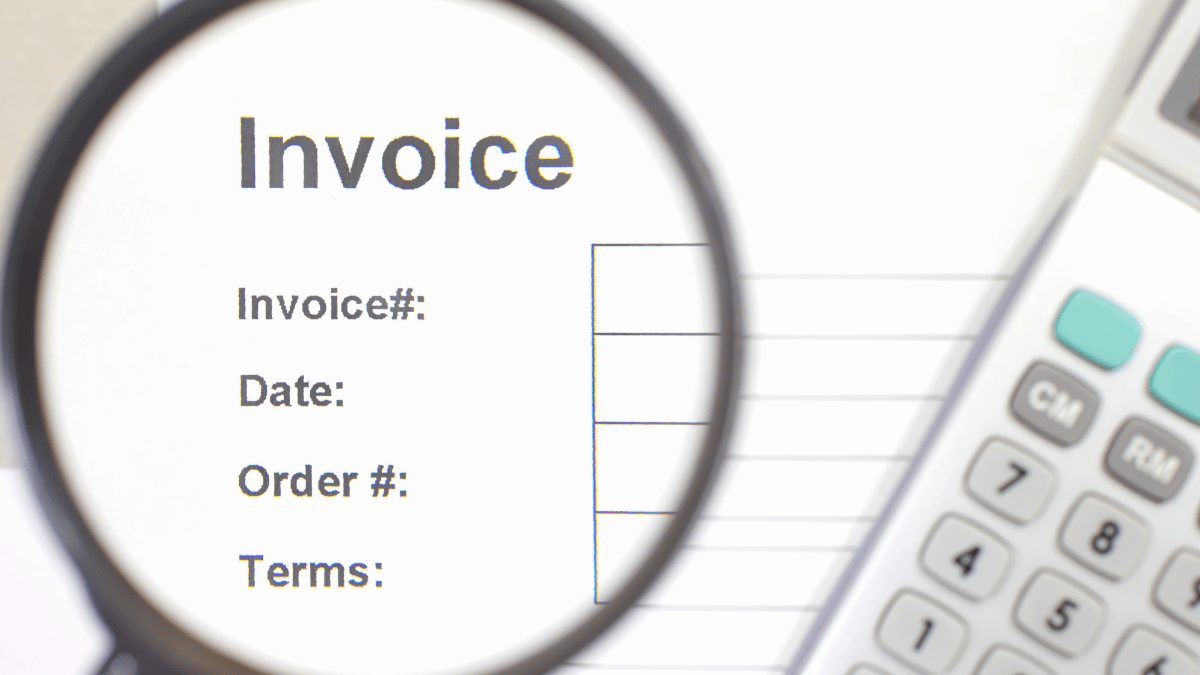
Best Practices for Efficient Invoicing
Efficient invoicing is the lifeblood of any successful business. It not only ensures timely payments but also enhances cash flow management, strengthens client relationships, and streamlines internal processes. In this blog post, we will delve into the best practices for efficient invoicing, specifically tailored for UK businesses. By implementing these strategies, you can optimise your invoicing procedures, minimise errors, and foster a healthier financial ecosystem for your organisation.
- Clear and Detailed Invoices:
The foundation of efficient invoicing lies in creating clear and detailed invoices. Ensure that your invoices include essential information such as the client’s name, contact details, invoice number, description of goods or services provided, quantities, rates, and applicable taxes. Include a concise breakdown of the costs and any applicable discounts or promotions. Clearly state your payment terms, including due dates, accepted payment methods, and late payment penalties, if applicable.
- Timely Invoicing:
Promptness is key when it comes to invoicing. Aim to send out invoices as soon as possible after delivering goods or completing services. Delayed invoicing can lead to delayed payments, affecting your cash flow. Implement an efficient invoicing system, leveraging technology where possible to automate the process and reduce manual errors. Consider utilising online invoicing platforms that allow you to generate and send invoices swiftly, with built-in tracking and reminder functionalities.
- Professional Communication:
Maintaining a professional tone and clear communication with your clients is vital throughout the invoicing process. Ensure your invoices are free from grammatical errors and typos, as these can undermine your credibility. Use polite and concise language when requesting payments, making it easy for clients to understand the amount due and the payment methods available. Friendly reminders and follow-ups are acceptable but always maintain a professional demeanour.
- Payment Terms and Conditions:
Clearly defining payment terms and conditions is crucial to avoid confusion and payment delays. Specify your preferred payment methods, whether it be bank transfers, cheques, or online payment platforms. State the due date explicitly and consider offering incentives for early payments or consequences for late payments, such as charging interest on outstanding balances. By establishing transparent payment terms, you set expectations and encourage timely payments.
- Systematic Record-Keeping:
Maintaining organised records of your invoices is fundamental to efficient invoicing. Implement a robust system to store and categorise your invoices, making it easy to retrieve them when needed. Digital platforms and accounting software can streamline this process, allowing you to store and access invoices in a secure and organised manner. Regularly reconcile your invoices with payments received to ensure accuracy and identify any discrepancies promptly.
- Regular Reconciliation and Follow-up:
Regularly reconciling your invoices and following up on outstanding payments is essential for effective cash flow management. Monitor your accounts receivable and identify any overdue invoices promptly. Send polite reminders to clients with outstanding payments, escalating the communication if necessary. By actively managing your invoices and maintaining regular contact with clients, you can prevent payment delays and build stronger relationships.
- Utilise Technology:
Leverage technology to streamline your invoicing processes further. Explore accounting software and online platforms that automate the creation, delivery, and tracking of invoices. These tools can simplify tasks such as recurring invoicing and provide real-time updates on the status of your invoices. By embracing technology, you can save time, reduce errors, and enhance the efficiency of your invoicing workflow.
Conclusion:
Efficient invoicing is crucial for the financial health and success of your business. By implementing the best practices outlined in this blog post, you can streamline your invoicing processes, improve cash flow management, and build stronger relationships with your clients. Remember to maintain clear communication, utilise technology, and stay proactive in managing
Don’t let limited access to finance hold your business back. Take the next step towards securing the funds you need by booking a call with me today. During our consultation, I will assess your requirements, discuss available options, and provide expert guidance on the best path forward.
To book your call and explore the world of commercial finance possibilities, click here to book a call on Calendly. Let’s unlock the growth potential of your business together!
Remember, when high street lenders say “no,” I’m here to say “yes” and help you thrive. Don’t wait—schedule your consultation now and take control of your business’s financial future.
